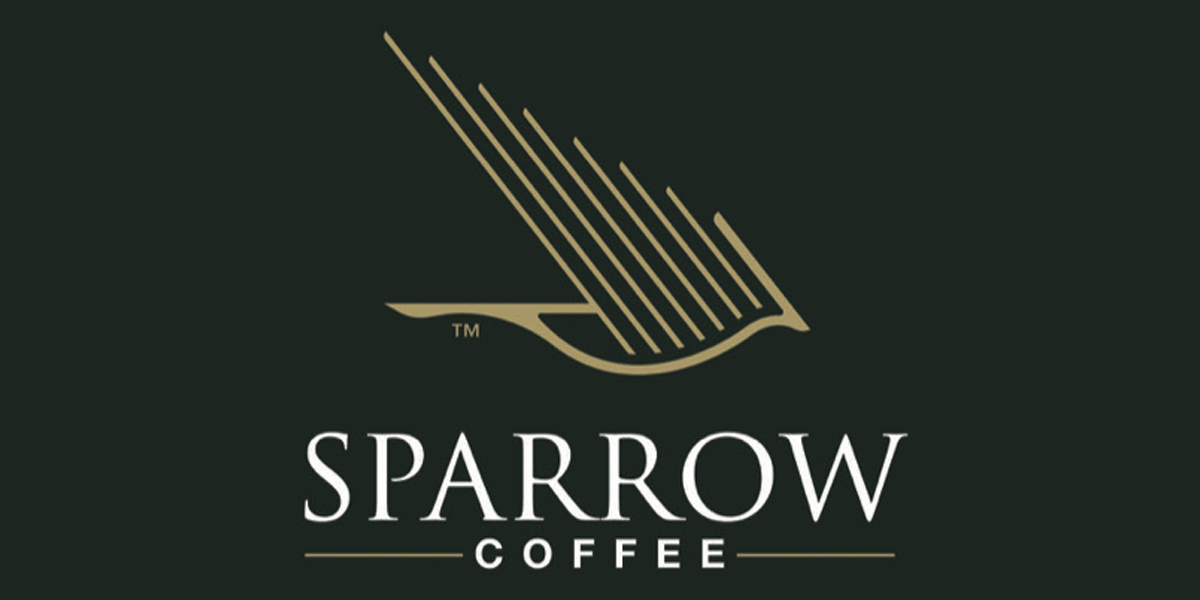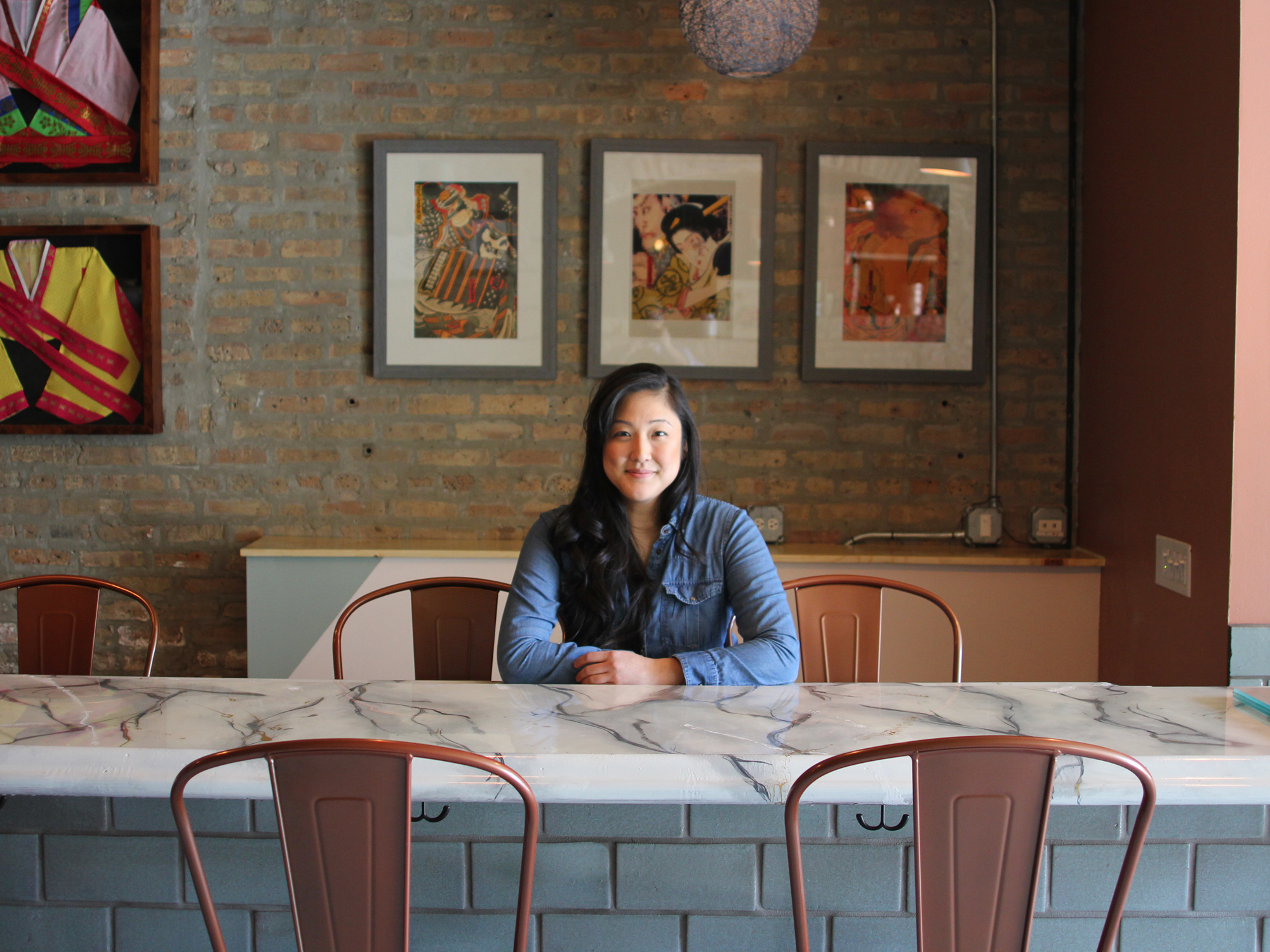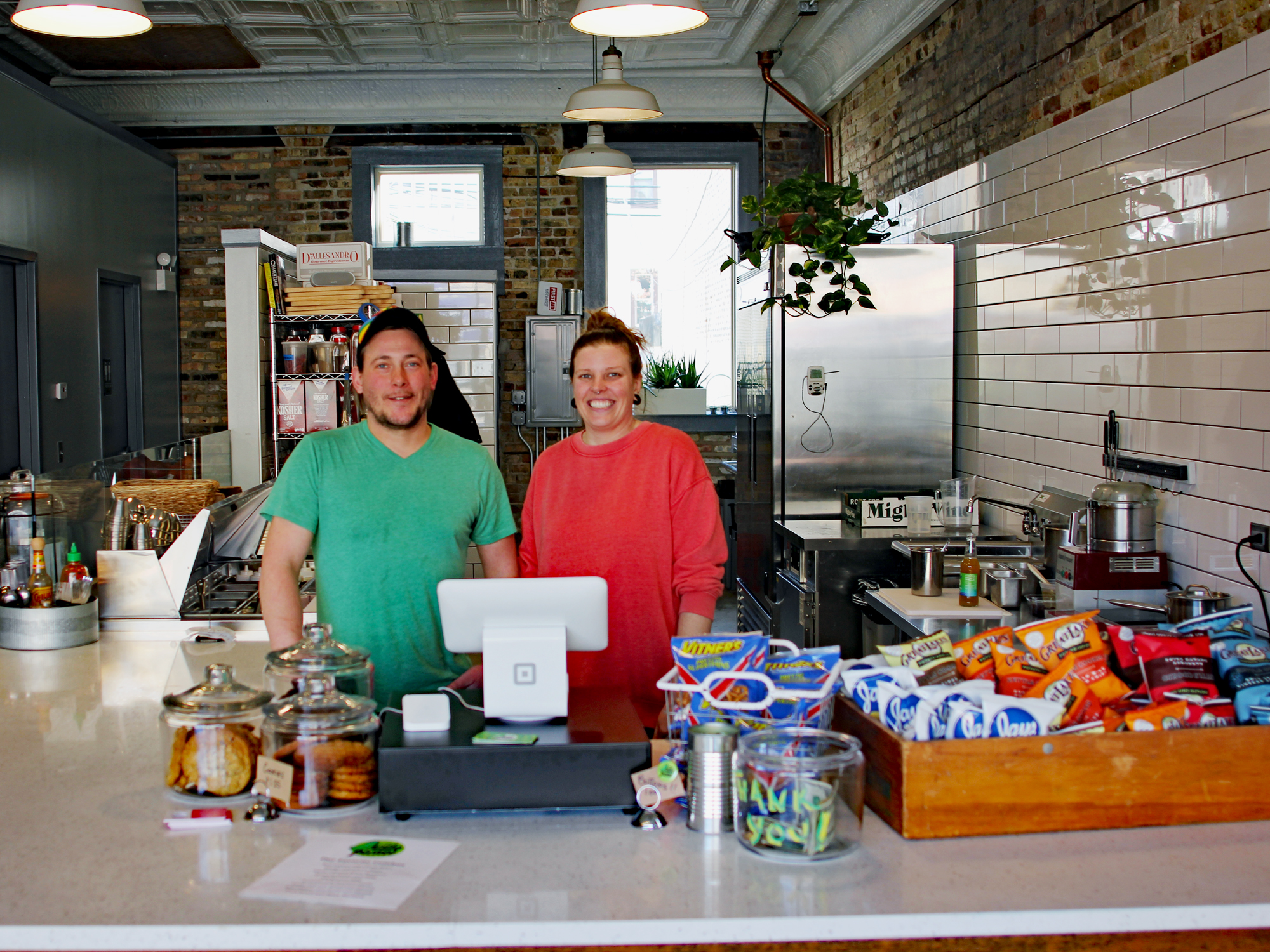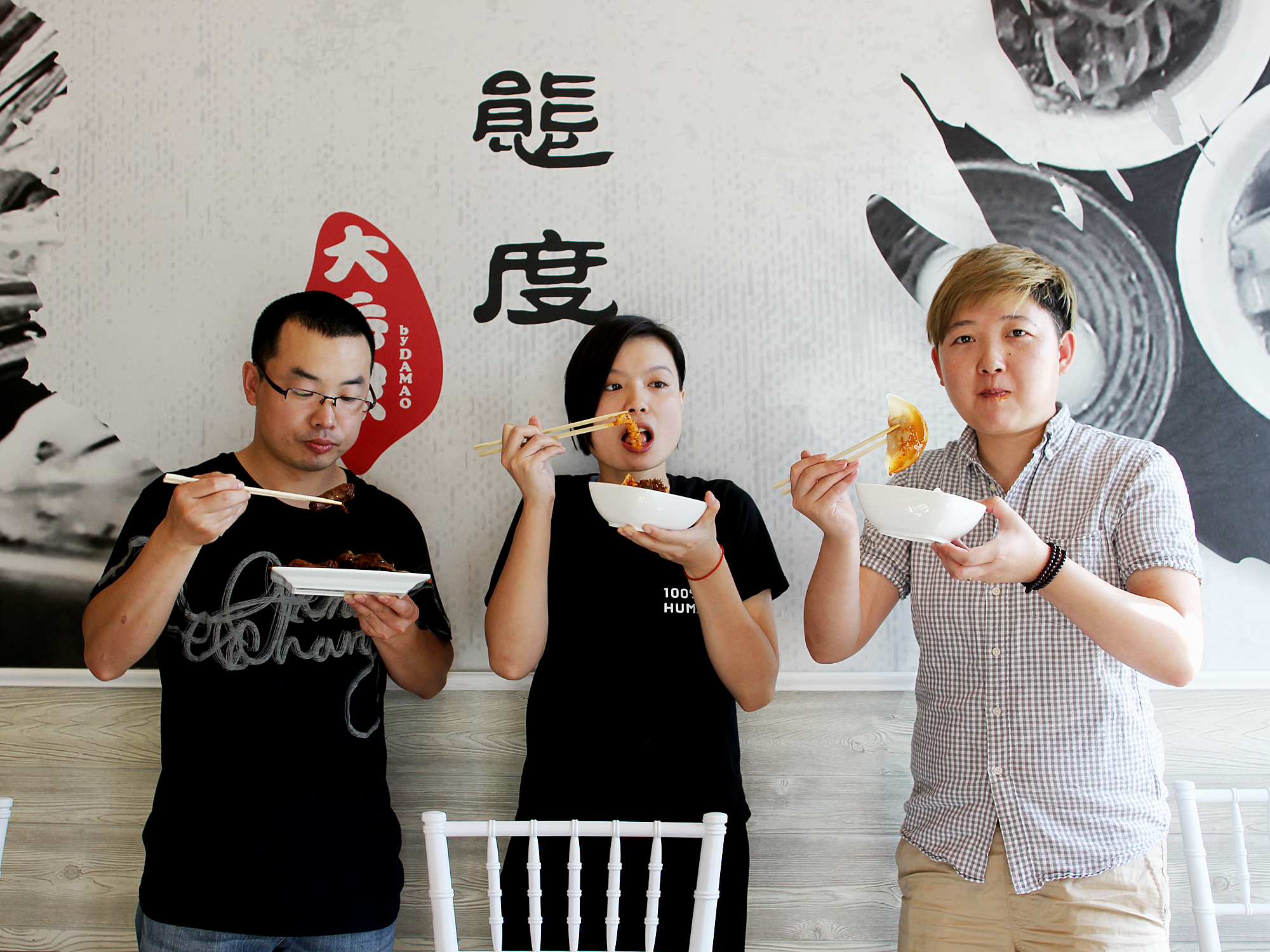WITH THE JAMES BEARD AWARDS COMING ON Monday, glittering prizes are in the air and the minds of our restaurant scene. And that put me in mind of the most touching moment I can remember at an awards show in recent times, at the local Jean Banchet Awards in January. The award for Best Ethnic Restaurant went to Ras Dashen, a 17-year-old Ethiopian restaurant in Edgewater, whose owner—an Ethiopian Jewish woman named Zenash Beyene—gave a brief but moving expression of her gratitude to America and Chicago for offering her the chance to make a successful business out of sharing her cuisine with strangers.
Beyene emigrated from a Sudanese refugee camp in 1981, when she was 23, having spent seven years there after fleeing the Soviet-backed regime of Mengistu Haile Mariam. Most of her family wound up, like most of the Jewish population in Ethiopia, in Israel. She instead found herself one of the only Jewish Ethiopian immigrants in the Edgewater-Uptown area.
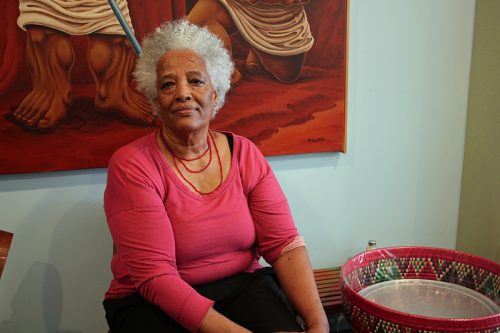
Zenash Beyene
Her life, as she describes it, was hard, saving money for years to finally open a restaurant—just weeks before 9/11 and the economic slump that followed. It could have all fallen apart then. Yet speaking to her, she has such radiance, such calm and gratitude for the life that she says God has given her in America (and she means that in a very direct, cause-and-effect way). I sat with her and her husband, Kevin Swier, a professor of biology at Chicago State University, as they shared a breakfast of granola with fruit and Ethiopian coffee (espresso-dark and sweetened with a healthy dollop of honey), accompanied by burning Ethiopian incense, and I’ve seen few couples display such tenderness and devotion over a simple meal and their morning routine.
So I asked her to tell a fuller version of the story of how she got here, and how she came to have, at age 60, a well-liked and popular restaurant with an unadulterated version of her people’s food. Her gratitude is to this country, which she speaks of in terms that may seem embarrassingly gushy, certainly at odds with the negativity many would bring to a discussion of things like immigration and acceptance of other races in 2018. Yet she is living proof of one of the things we do well here: accept the food of other peoples, and then the people themselves. Every award for food is given for what hers was for—our thanks to someone for feeding us, and for opening a window to another part of our world.
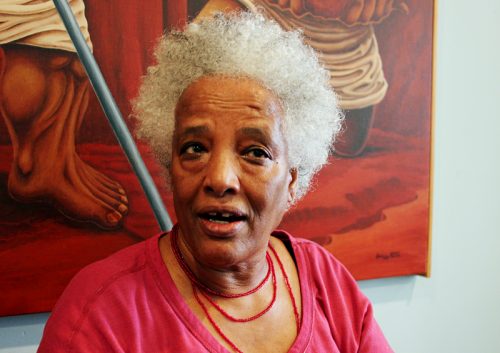
I WAS BORN IN GONDER, IN THE north part of Ethiopia. In the countryside, not the big city. My family was farmers. I got out of my country because the Communist government, he didn’t care how old you were—13, 14, they just grab you and put you in the militia. And then there were guerrilla fighters, fighting him—everybody ran away from that. So I decided to become a refugee.
I came [to America] in 1981, November 6th. I came without one penny—one pair of jeans and one pair of shoes, that’s all. When I first came, I had a very difficult time. But I’m happy. It’s a very beautiful country and they accept me, they give me a beautiful room—a condo. I’ve never been treated in my entire life like how United States people treat me. I got the chance to go to school, I got freedom—number one is the freedom. I didn’t grow up in a school. I didn’t grow up in freedom.
So when I come here, I thought, I wish I was born again, I wish I grew up here. Because the hard part is, I don’t speak English. I can’t find my food. So I figure out how to make my food. Before I came here, I had a dream to open my own restaurant. I used to have a little restaurant in the refugee camp in Sudan. I feed people.
I have a lot of experience and a hard life, but a good life. I’m successful. Thanks America. I love America more than anything.
I learned to cook sitting and watching my grandma, my mom, my aunts. They cook a lot of food, and I see how they do it—everything’s here [points to head]. In America, I start to figure it out, like for injera—how you make the bread. And I announce for my people that I will sell injera to you. If you want takeout, I’ll sell food from my house. They’re desperate to eat Ethiopian food.
So everybody comes to buy my food, and I started to go to school. Five days I go to school, Friday and Saturday I work. I start as a housekeeper at a hotel. All the time I work hard. All the time, very hard, and then I have to help my daughter, I live behind my daughter. The rest of my family, they moved to Israel, so I have to go to see them. And I did. When you are a good worker, and you work hard, no matter what, you will get what you wish.
I still work hard, but it’s good. And I found my husband. I got married in 1995. Everything’s very nice.
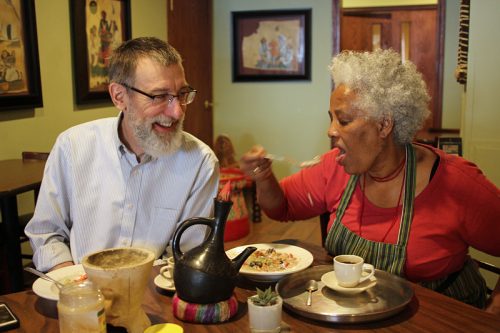
Zenash and her husband Kevin Swier. He says, “I’m not Jewish, but all the Ethiopian people think I am because I look like a rabbi.”
I ASK HOW THEY MET and Zenash laughs and says, “Tell him the truth! The food!” Kevin explains, “I was a graduate student at the University of Chicago, and I was getting my hair cut by an Ethiopian woman, who suggested we meet because she knew I liked food, I liked new things. Zenash was just operating out of her house for the Ethiopian community, and she was about to quit that, so I gathered up a group of friends and we went up there to eat.”
For Ethiopians, I was not doing it in my home, it was only takeout. They call me, and then I make it for them and they come. Not big business, just small business, I have a very small apartment and kitchen. I’m just doing it to survive, I can’t afford to stop, I don’t want to go on welfare. You know welfare? I don’t like it, I don’t like it. When I worked construction, I made good money, so I didn’t do the cooking, but then my boss retired and I couldn’t find another job, so I do it.
I never worked in a restaurant. My people tried to use me—they don’t have knowledge of how to cook Ethiopian, and they try to hire me for small money, like three dollars an hour. I’m sorry, I’m not doing that. I just wait my time and save money, and when my time is good I found him, and he helped me a lot to open this restaurant.
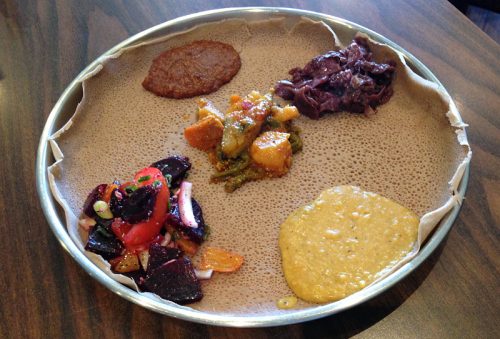
Vegetarian platter, on injera
WHEN I STARTED THIS RESTAURANT, it was very difficult. The streets were very bad. Everybody was scared to come here. All the way along here, there were no good businesses—just garages. I was scared, my husband was scared, but then little by little people came. They bring people, and they bring people—boom. The area changed.
We opened in 2001, but—bad luck! September 11th affected me a lot. Everybody’s shaking, everybody’s depressed.
[Kevin interjects to say, “Actually God helped us whenever we needed it, because the week after September 11th, she was in the Chicago Tribune, in the Cheap Eats section. If she had been in the week of September 11th, she would have been completely overlooked. But that boosted us, and then Sherman Kaplan did a review.”]
And then Chicago magazine, and “Check, Please.” And five or six years ago, “First Look”—that show is connecting me everywhere. My friend in Sudan is calling me, friends in Europe and Canada, they see me on TV. It’s beautiful.
Ethiopian people love my food, because this is the Ethiopian food. But they can’t afford to! Most of my customers are America. They love it, they make me feel good. They say so good, so delicious. There are customers who come every week. We have many vegetarian customers. We make very good meat dishes, but they know we have many vegetable dishes too, we are very popular with them.
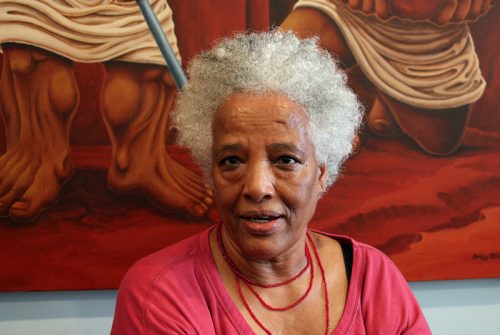
I HAVE A LOT OF EXPERIENCE AND a hard life, but a good life. I’m successful. Thanks America. I love America more than anything. I don’t ever complain. People come here with nothing, and they earn money, and they invest the money, and then they complain too much—I can’t accept that. I was in Sudan for seven years. I was sick every single month, malaria, no good food, I don’t have any blood, my blood is too low. Malaria, people dying every day. You’re depressed about it, and they tell you, get out of here, it’s not your country.
America never ever tells you to get out of this country. Never. America is God’s country. It’s not just [another] country. He made it for everybody. That’s what I believe. My people live in other countries—they don’t have respect. Everybody who’s a refugee, they want to come to the United States. This is the right place for them to live. So I don’t like disrespecting America. Do by the American law—work, make money, pay your tax, pay whatever they say you have to pay—you live like a king.
I love Christmas here. I am Jewish but I figure, Jesus Christ was a Jew so that makes sense to God. At Christmas American people are so generous. Michigan Avenue is so beautiful.
He had a conference in Boston once and I went there and I loved it. It is like Israel, there is history everywhere. I went to the house of a man, he went on his horse and told everybody the soldiers were coming. [Kevin: “Paul Revere.”] His house is a museum. And I go in the kitchen and I see all the pots and tools in the kitchen, and I say, it is just like my grandmother’s house. Everybody’s kitchen is the same. If I could come back for another life, I would just do that, I would go to everyone’s house and see the kitchen and how they cook. Because we are all the same, we all make our food from what God gives us.
Michael Gebert is grateful to be the award-winning editor of Fooditor.
Latest
Join the Discussion
After you comment, click Post. If you're not already logged in you will be asked to log in or register with Disqus.




